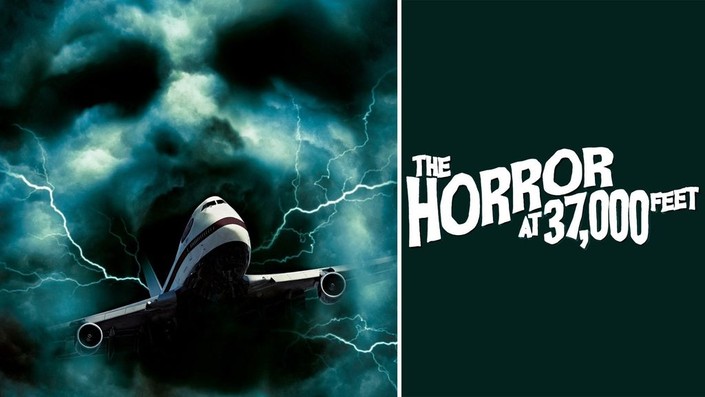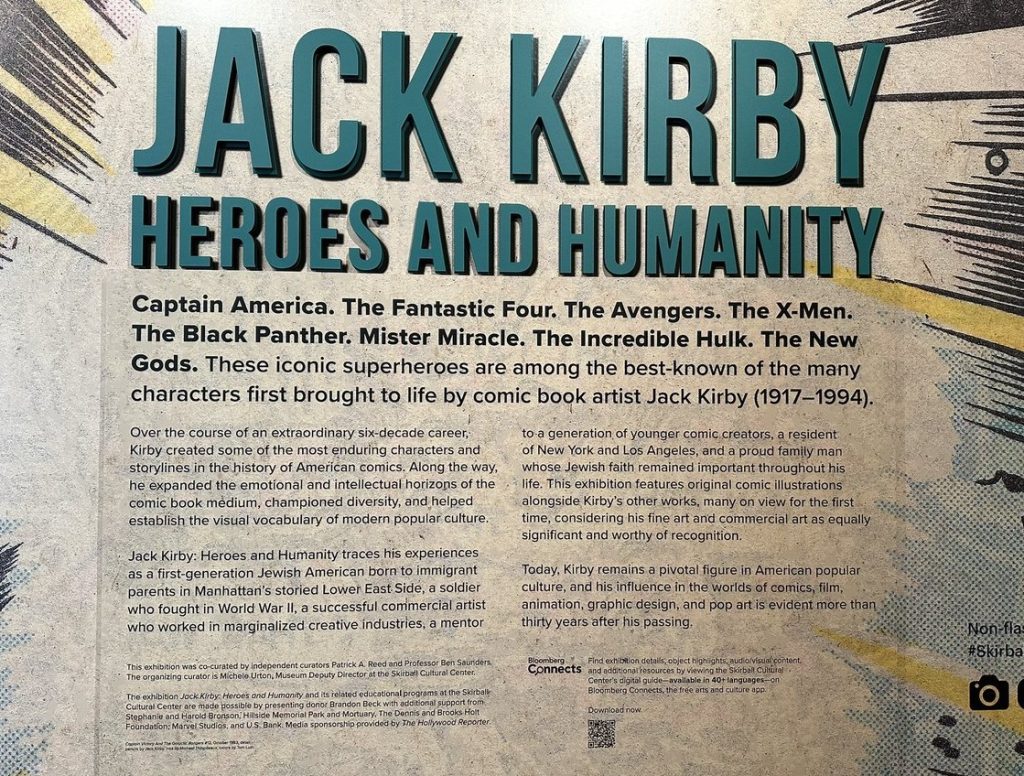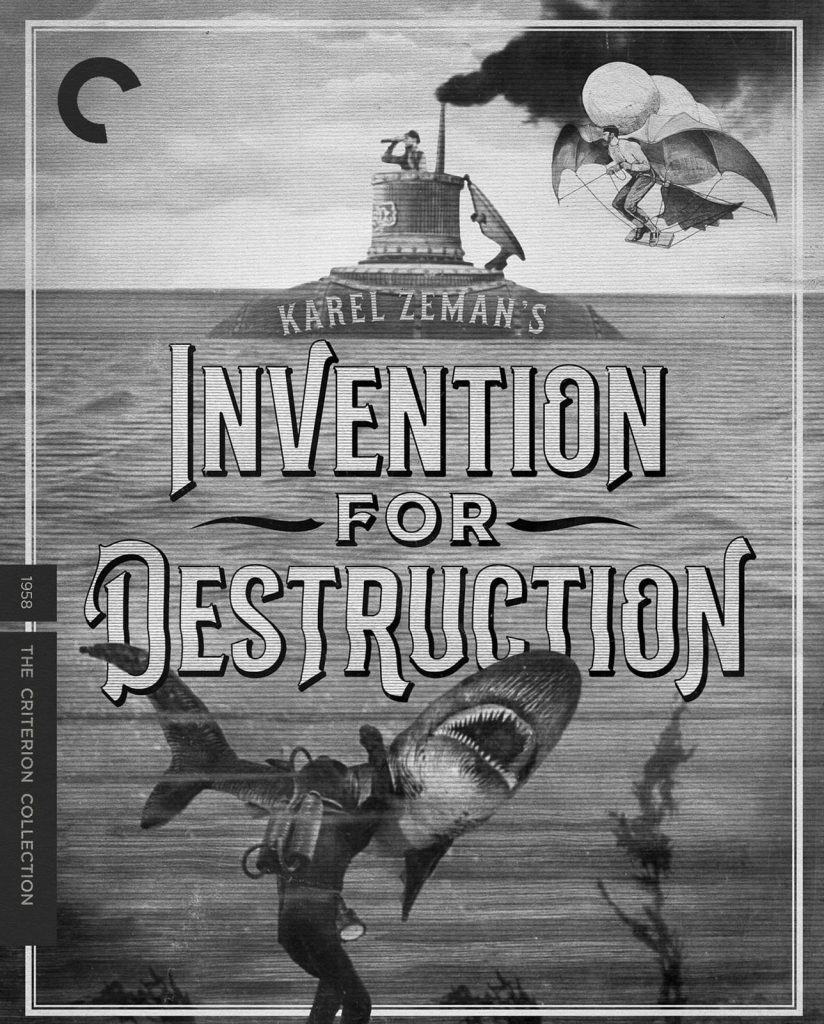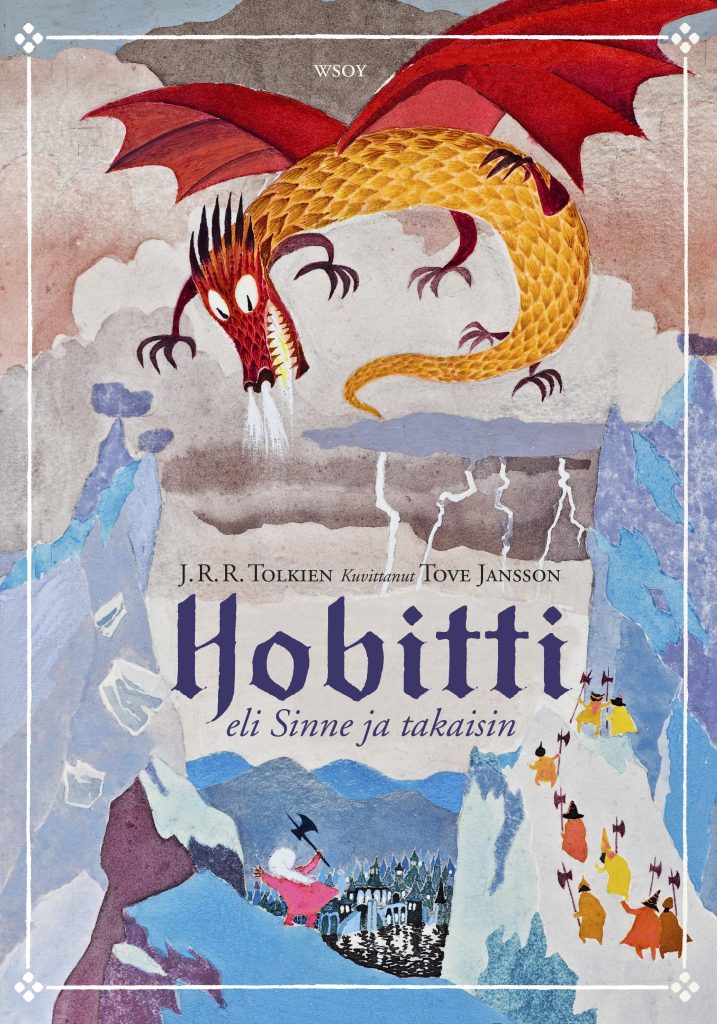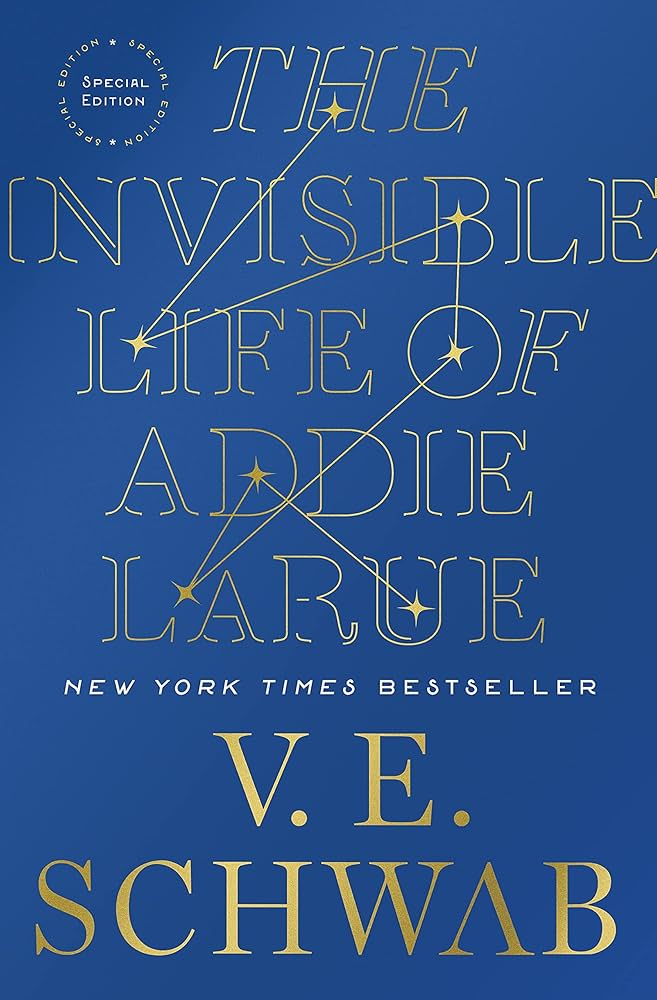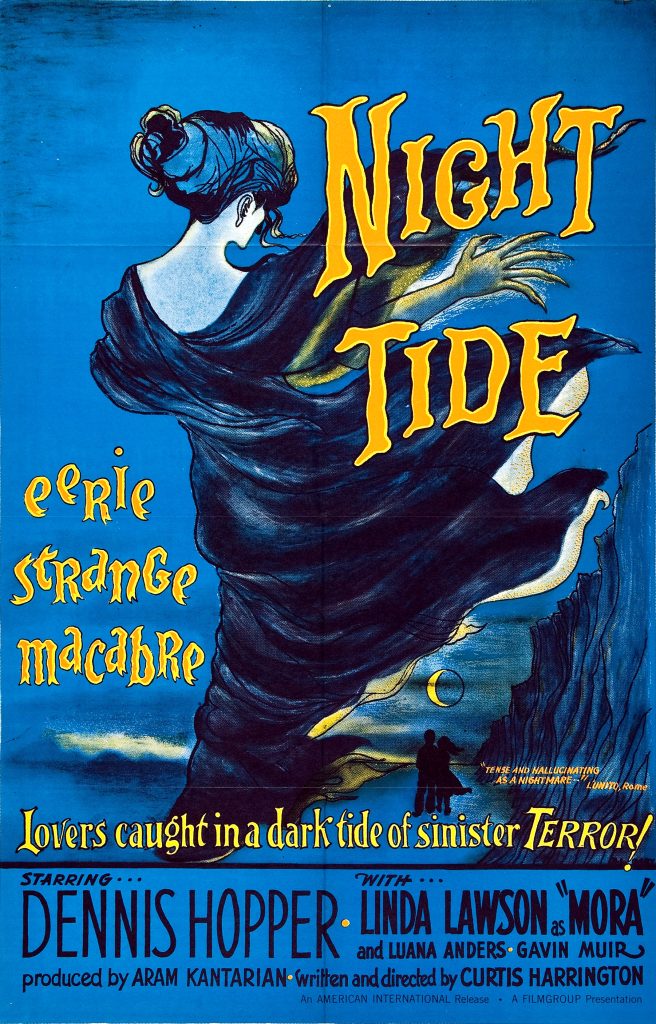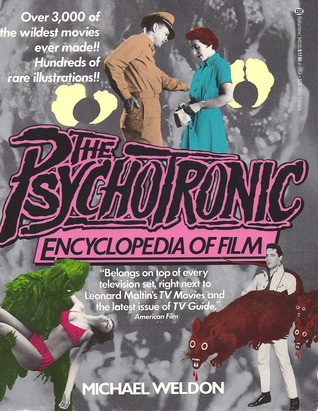Movie of the Week Madness: The Horror at 37,000 Feet
I’m sure you’ll agree that William Shatner is a man apart. Still going strong at ninety-four, he appears to maintain an admirable sense of humor about himself and the ups and downs of his long career, and he seems to have come to comfortable terms with Captain James Tiberius Kirk and Sergeant T.J. Hooker, and also with his appearances on Dr. Kildare, The Twilight Zone and scads of other television shows, which, considering the highly variable quality of the medium, was undoubtedly a wise decision.
Never having met the man, this is just a guess, but I think there might be an exception to his amiable acceptance of his service record; I suspect that there’s one of his television assignments, the mention of which might well provoke a lapse into sullen silence or prompt an eruption of foul-mouthed fury: the made-for-TV movie The Horror at 37,000 Feet.
I’ve often sung the praises of the iconic ABC Movie of the Week, but old-school network television being imitative if nothing else, CBS and NBC also bombarded a supine 1970’s public with their own original TV films. As with ABC, all the usual genres were on display, and the shows ranged from the socially serious to the unashamedly schlocky; the quality level veered as wildly as a drunk trying to walk a straight line on an episode of Adam-12, and most of these films were as disposable as what is euphemistically called “bathroom tissue.”
